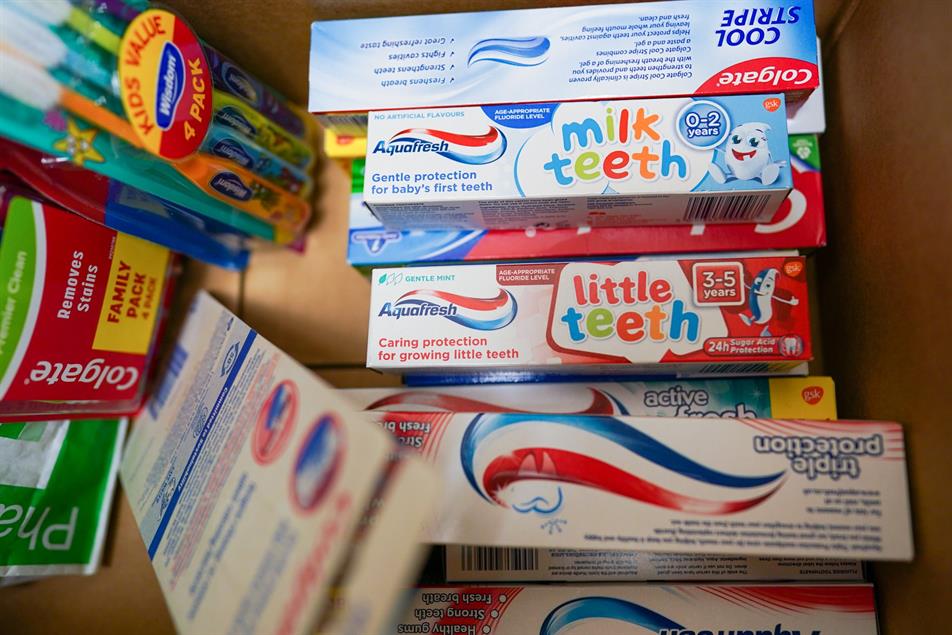The Treasury is consulting on plans to implement a new VAT relief encouraging businesses to donate everyday items to charity.
Firms do not pay VAT on donated goods that are sold on, such as clothes, soap, hygiene supplies and cleaning products.
But if these goods are distributed for free instead of sold, VAT must be paid.
The government said it recognised that the rules, which were designed to protect against fraud, were not aligned.
“We are exploring options to align the rules without compromising the security of the VAT system,” the government said.
“The consultation aims to better understand the different types of operating models used by businesses and charities which would be impacted, as well as gathering views on the scope of a relief, particularly eligible goods, and the design of its administration, among other topics.”
The relief is intended to encourage more charitable giving and reduce waste by prolonging the life of saleable goods which businesses put into landfill, the Treasury said.
Richard Sagar, head of policy at the Charity Finance Group, said the membership body had been calling for this consultation for some time.
“The previous government initially announced that it would consult on this, and we are glad that the current government is now doing so,” he said.
“We also welcome the government’s commitment to incentivising charitable giving and reducing waste.”
Sagar said CFG would like to see the introduction of VAT relief on business donations and goods for charities that balanced the administrative burden with minimising opportunities for abuse.
“We urge all relevant charities and businesses to respond to the consultation, which will provide much-needed information for the shaping of any new VAT relief framework,” he said.
Charities, individuals, businesses and other organisations, including social enterprises and Community Interest Companies, are encouraged to take part in the consultation.
It asks 26 questions on topics including the types of organisations that should be eligible to receive goods donated under the relief and how eligible goods should be defined.
The consultation ends on 21 July.
